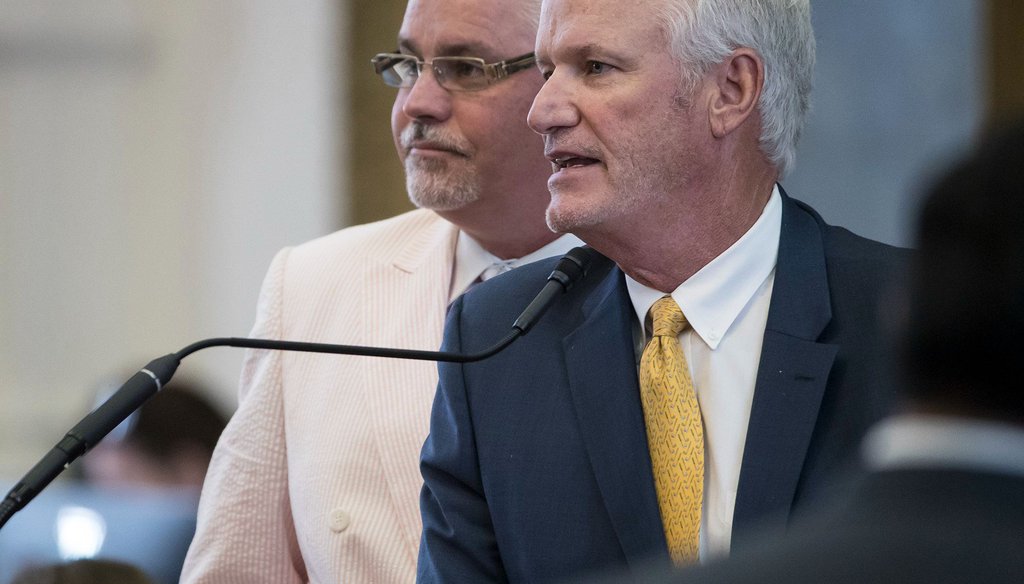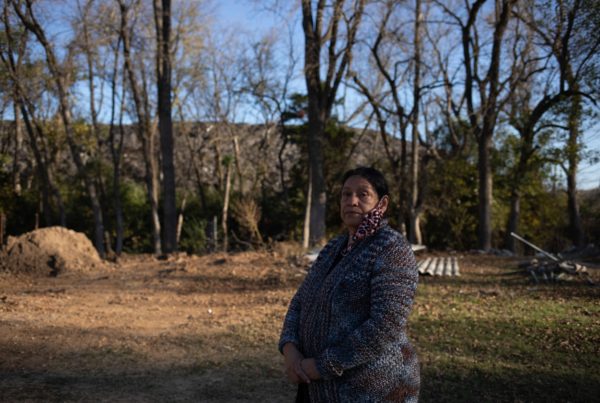An excerpt rom PolitiFact Texas:
Research shows cannabis can lower opioid dosage, but studies are preliminary.
State lawmakers so far have filed more than a dozen bills related to marijuana and medical cannabis for consideration during the 2021 legislative session, coming on the heels of a record-breaking 65 marijuana bills filed last legislative session.
Proponents of loosening the state’s marijuana prohibitions hope that momentum generated by legalization efforts around the country could carry into Texas, riding on arguments that legalization would be a boon for the economy and an important pillar of criminal justice reform.
Rep. Lyle Larson, R-San Antonio, made a different case for medical marijuana when he filed House Joint Resolution 28.
In an announcement on Twitter, Larson said the bill would allow voters to decide “whether Texas physicians should be allowed to prescribe medical cannabis for a variety of illnesses plaguing Texans.” If approved by more than two-thirds of both legislative chambers, a proposal would be added to the November 2021 ballot that would amend the state constitution to legalize the possession, cultivation and sale of cannabis strictly for medical use.
Larson cited one statistic to justify his bill: “Studies have shown up to 75% reduction in opioid dosage for medical cannabis users”
The intersection of medical cannabis and opioid use as treatments for chronic pain is an emerging field of research as more states loosen regulations on medical and recreational use of marijuana. But does science show that cannabis has as great an impact on opioid dosage as Larson claims?
Medical Cannabis In Lieu Of Opioids
Larson’s aides pointed to a report published over the summer by researchers at the University of Arizona that assessed the effectiveness of medical cannabis in reducing opioid dosage for the treatment of chronic pain in non-cancer patients.
The analysis looked at nine separate studies involving a total of 7,222 participants across the U.S., Canada and Australia that “found a much higher reduction in opioid dosage, reduced emergency room visits, and hospital admissions for chronic non-cancer pain by (medical cannabis) users, compared to people with no additional use of” medical cannabis.
Those studies confirm Larson’s assertion: There was a 64% to 75% reduction in opioid dosage when patients supplemented their chronic pain treatments with medical cannabis, and 32% to 59% of cannabis users reported a complete end to opioid use.
But University of Arizona researchers note several caveats to these findings. There has generally been “a dearth of empirical studies” about the use of cannabis versus opioids in chronic pain treatments. In order to include a large sample size, the researchers “relaxed inclusion criteria” in their analysis to allow for the inclusion of observational studies, which are not systematic enough to be considered empirical evidence.
PolitiFact rated this claim Mostly True.
Read the full story at PolitiFact Texas, and hear an interview with PolitiFact’s Brandon Mulder in the audio player above.















